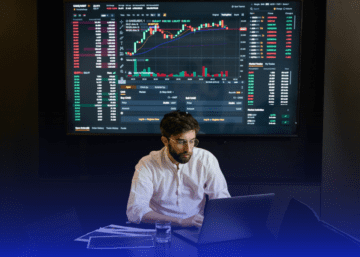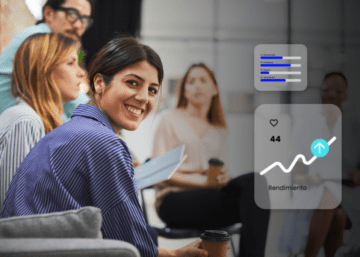The job market is no longer the same as it used to be before COVID-19 and one of the lessons we learned about it was that we had to adapt quickly to change to keep up with the challenges.
In this regard, Liz Sarmina, a personal branding and employability mentor, points out that one of the most important skills that, as professionals we need to develop in this context, is resilience. “‘I lost my job’, ‘The company closed’, are situations that knock us down and make us question ourselves a lot, but not to stay in the complaint and move forward with what we have, with what we are, with what we like, that is a key skill today. Being resilient is about having the ability to adapt to new environments to move forward.
The personal development specialist also highlighted listening and empathy as other fundamental skills in this virtual environment: “The ability to listen allows us to connect with other people, even if we are at a distance“.
As for the professions, Sarmina pointed out that doctors are the ones who, during the pandemic, had to learn to see and get to know their patients through a virtual consultation, demonstrating that, many times, it is not necessary to go in person. And he pointed out that the most demanded areas are: logistics and distribution, customer service, digital marketing, programming and mental health.
But it is important to mention that, just as the pandemic drove us to evolve, there were also those who became unemployed and, undoubtedly, one of the segments of the population most affected were people over 45 years of age who have been expelled from the labor market and have not been able to reinsert themselves into the labor market.
In this regard, the World Health Organization (WHO) itself recognizes that this age discrimination is a problem that is on the same level as segregation by race or gender, although, it specifies, it is the most socially “normalized” exclusion.
The need to adapt to change, on a personal level, is unquestionable, but it is also necessary for organizations to promote increasingly diverse and inclusive work environments so that, in this new “normality”, the profound challenges ahead of us are not evaded.


